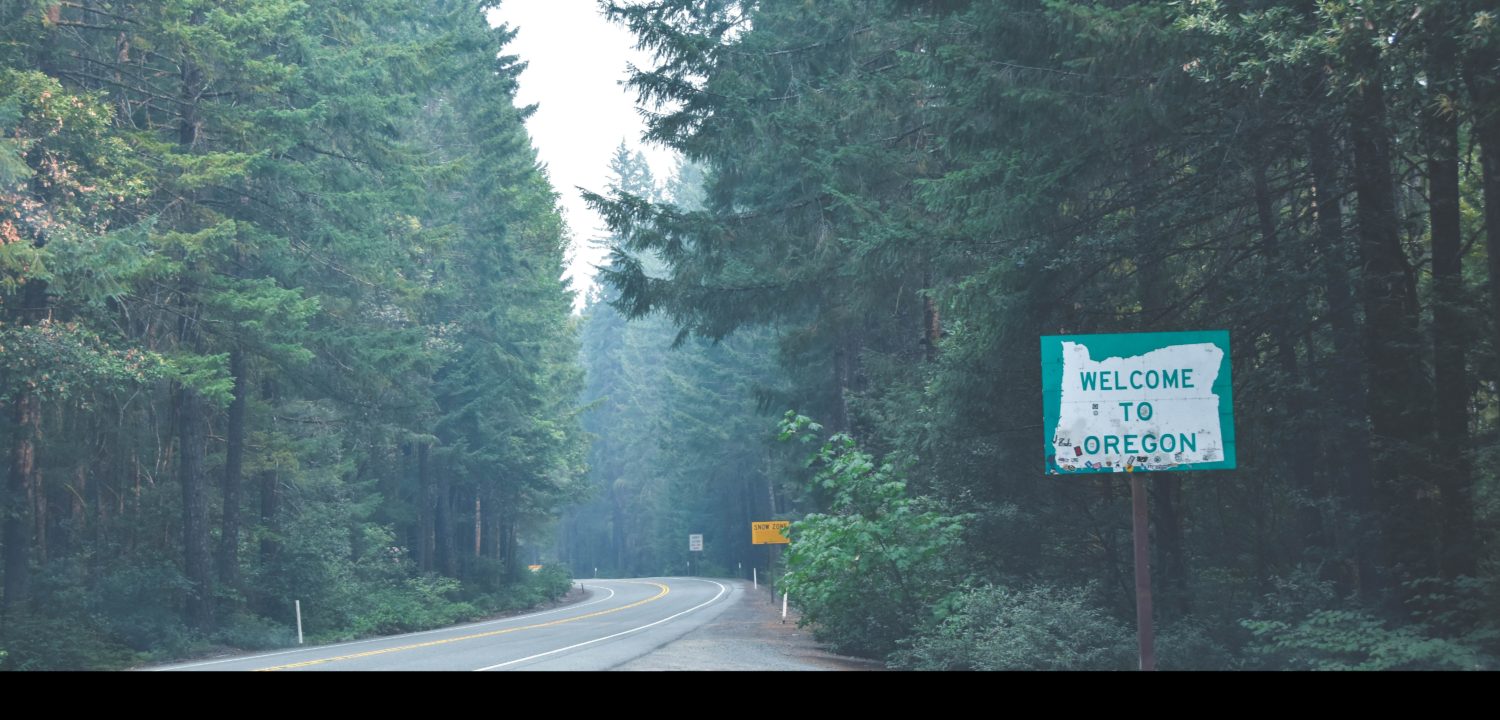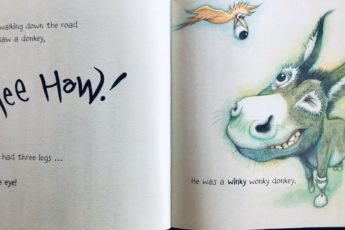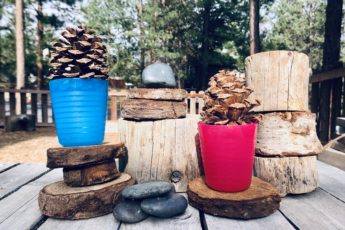In Oregon, we say “GAY!”
I always feel so fortunate to live in Oregon. We have the Bottle Bill and get 10 cents back when we recycle our cans, other people pump our gas, there is no sales tax, and the landscape is stunning. And we can say ‘GAY.’

This week Florida’s governor signed into the law the “Don’t Say Gay” bill. This legislation requires that school districts “may not encourage classroom discussion about sexual orientation or gender identity in primary grade levels.”
I am curious if anyone who has worked with young children was actually involved in developing this bill or spent any time in early learning environments. Enter a classroom of young children and the topic of conversation centers on what they hold near and dear to their hearts; their identity and their families. And lots and lots of poop talk! They don’t need ‘encouragement’ to start these conversations; they just happen.
I owned a preschool from 2010 to 2021, in addition I’ve worked in Head Start, a Montessori program, and a Parent-Child Co-op over the past 24 years. These conversations about our lives and the people we read about spring up organically. It’s developmentally appropriate and typical for young children to be interested in how we are alike and how we are different. Their curiosity is never-ending.
“Miss Teresa, is that a boy or a girl?” in response to a character in a children’s book.
My typical response is to ask the child what they think.
“Well, they have eyelashes and long hair, so they must be a girl.”
“Hmmmm, I know that all the children and grown-ups in this room have eyelashes. That makes it hard to determine. And I know that people can have all sorts of hair. We don’t really know someone’s gender unless we ask them. It’s tricky when we’re reading a book, isn’t it?”
“Miss Teresa, do you have a husband?”
“No, I don’t have a husband. I have a girlfriend.”
“Oh, okay! Did you know I went skiing this weekend? I went so fast!”
When I created Aspen Academy, one of my main goals was to provide physical and emotional safety, as well as create a welcoming environment for all children and families in our program. As educators, we concentrated on creating environments that were gender expansive and fluid, where children could express a wide range of emotions, interests, and behaviors that fell anywhere along the gender continuum. We strove to affirm all children and allow them to express their interests and find confidence in their strengths.

An aspect of affirming all children includes recognition and celebration of their unique families. When selecting children’s literature for my classroom, I intentionally selected books with all sorts of families. Families with a mom and a dad, foster families, conditionally separated families (i.e., one parent incarcerated or serving in the military), same-gender parents, children being raised by their grandparents, and many more. This intentional selection of children’s books served to expose children to families like theirs and families different from theirs. These are the building blocks of fostering empathy, creating empowered future allies, and helping children to become comfortable with human diversity. When educators are prohibited from discussing sexual orientation (or as we say in preschool, ‘who we love and who loves us’), this also prevents us from discussing all family types, including ones with mixed-gender parents.
Regardless of personal belief, all families want children to feel happy and safe. Conversations around gender identity or family composition did not involve discussion of sexual activity or behavior. Gender is what is in our hearts and in our minds, not necessarily what is between our legs.
Ahead of signing the law, DeSantis said teaching kindergarten-aged kids that “they can be whatever they want to be” was “inappropriate” for children. He said, “It’s not something that’s appropriate for any place, but especially not in Florida.”
I am grateful that in Oregon we support children in developmentally appropriate ways to follow what they know is true for themselves in their hearts and in their minds. In Oregon, we celebrate families. In Oregon, we trust children.





